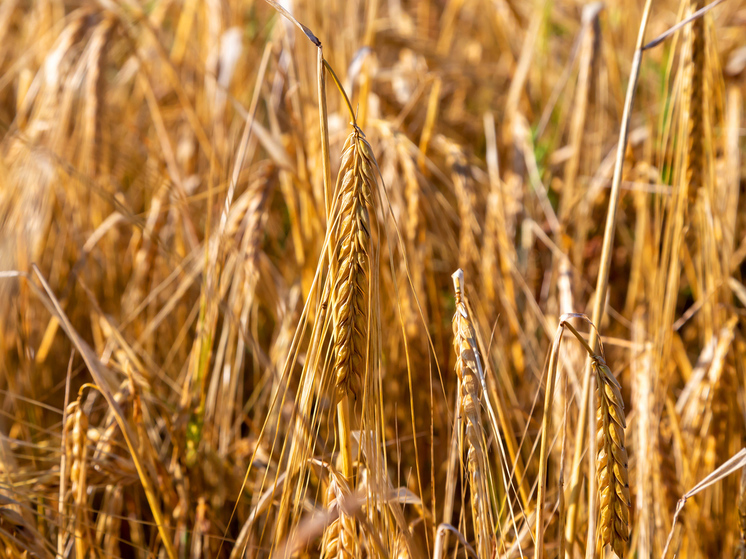World buyers are in no hurry to line up for Russian bread
According to government estimates, domestic farmers will harvest about 130-135 million tons of grain this year. As Mikhail Mishustin said the day before, there will be no new harvest record, but the result is quite high. Farmers are only happy about the lack of a record: there is simply nowhere to store surplus grain in the country — there are not enough elevators.

The government forecast was announced in the days when the battle for the harvest is still going on in Russia, and it is too early to sum up its results, even intermediate ones. Here we must add a serious problem that appeared two or three weeks ago — a sharp rise in fuel prices for villagers, which generally called into question the harvest.
However, according to updated data, domestic farmers will harvest about 135 million tons of grain, including 90 million tons of wheat. Let us recall that a year ago these figures were 158 and 104 million tons, respectively. One cannot but agree with the prime minister: the expected result this year is not a record, but quite high. Such volumes are more than enough for both the domestic market and for export. This year it is planned to be within 41 million tons of wheat.
Meanwhile, the issue of exports is a very sensitive topic for Russia. In recent years, our country has consistently demonstrated leadership in the supply of bread to world markets. And it’s high time for us to switch to selling not grain itself, but products of its processing. Italy, the world's spaghetti exporter, buys durum wheat from many countries in order to make pasta from it and get maximum added value from sales to those countries from which it bought the grain.
It is time for Russia, given its capabilities, to set itself such a task. Some efforts are being made in this direction. Thus, at the end of last year, Russian producers exported 880 thousand tons of flour — 3.5 times more than in 2021. However, this result should not mislead anyone, because in previous years we practically did not export it at all.
According to experts, in the coming years, farmers, with government support, will be able to double flour exports. Thus, we are left with the last stage of processing until we reach the maximum added value (pasta). However, the agricultural department has not yet set such a high goal.
In a word, maybe it is for the best that we will not have a record harvest this year. As Lenin said, less is better. After all, there is nowhere to store such volumes; we do not have a sufficient number of modern elevators.
The day before, Minister of Agriculture Dmitry Patrushev reported to Prime Minister Mishustin about the success of rural production and the self-sufficiency of the industry. The fact that peasants have adapted to new realities, rebuilt logistics, and intensified work to avoid imports. Exports of agricultural products in 2023 will amount to about 45 billion dollars — against 41.6 billion last year.
But the battle for the harvest also has its own problems. We asked Igor Abakumov, Candidate of Economic Sciences, host of the “Rural Hour” program, about them.
— The situation remains difficult. As a rule, diesel fuel has not become cheaper after its sharp rise in price. If you want to buy wholesale at “old” prices, you need to travel hundreds of kilometers to special bases. But first you need to get your own fuel tanker and build a storage facility for fuel and lubricants. The problem is still acute.
— Of course, there are fewer imported seeds, this is an achievement. However, it may affect future yields. The quality of domestic seeds is inferior to imported ones. In addition, the country has adopted a law on seed production, contrary to the position of seed growers.
— The law does not provide for protection zones. If a seed farm grows, say, corn seeds, then within a radius of 15 kilometers there should be no fields with commercial corn to avoid cross-pollination. There is no such norm in the document, despite the protests of seed growers. This is just one small detail. But it does not contribute to the development of the industry.
— The Ministry of Agriculture has directed the export price for wheat to be $270 per ton. And waiting for buyers. But on world exchanges it sells for $240-260. The situation is strange. We have already lost two tenders for supplies to North Africa.


